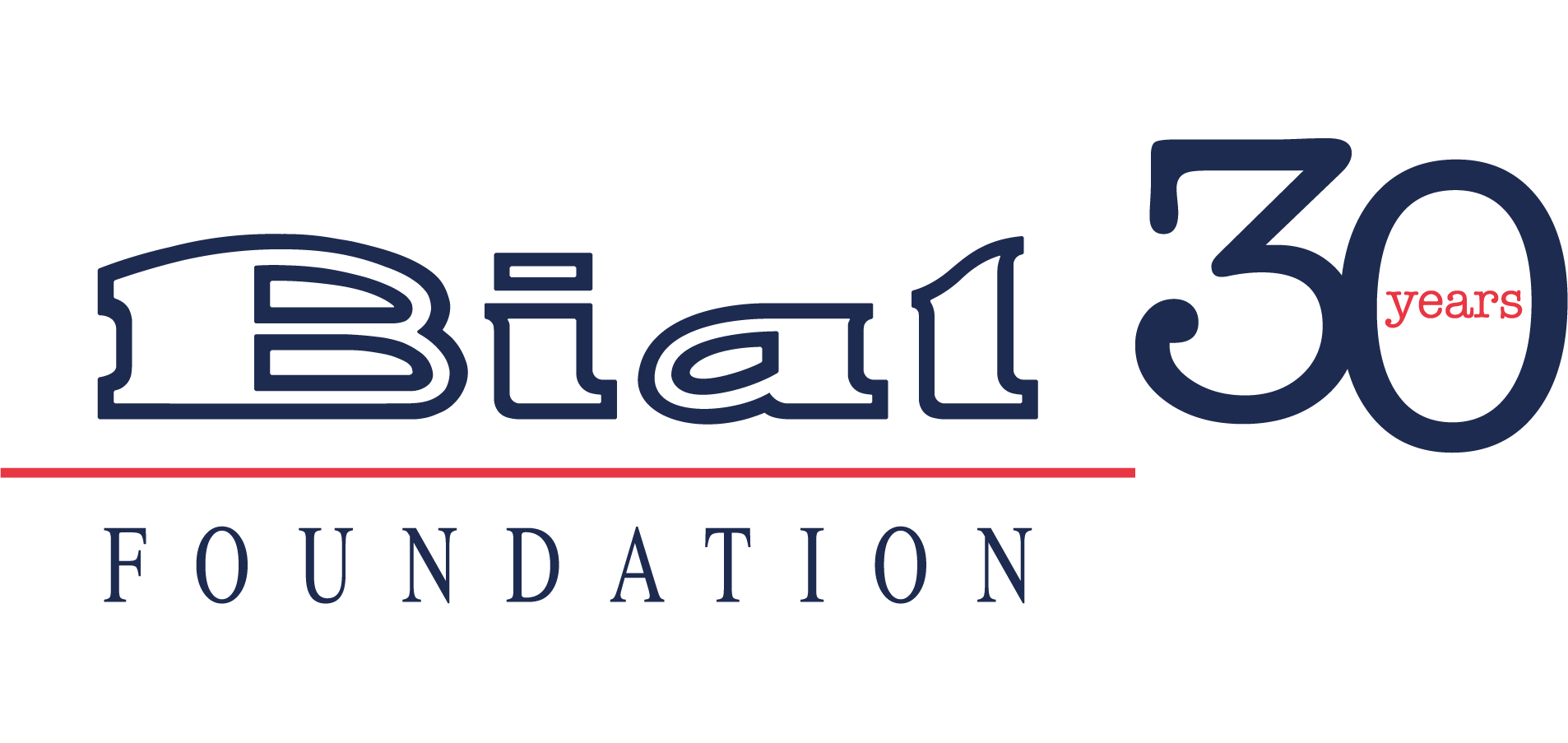Morris Freedman’s neurobiological model suggests that the frontal lobes of the brain act as a filter to inhibit psi and implies that humans may have innate psi abilities that are suppressed by this frontal lobe filter. To test this model, the research team of the research project 210/18 - Mind-matter Interactions and the Frontal Lobes of the Brain, supported by the BIAL Foundation, used repetitive transcranial magnetic stimulation (rTMS) to induce reversible brain lesions in the left medial middle frontal region in healthy participants. Data confirmed their a priori hypothesis, that is, healthy participants with reversible rTMS induced lesions affecting the left medial middle frontal brain region showed larger effects on a mind-matter interaction task compared to healthy participants without rTMS induced lesions. These findings support the concept that the brain serves as a filter to block psi effects and may help explain why these effects are so small and hard to replicate in healthy participants. To know more about the study, please read the paper Enhanced mind-matter interactions following rTMS induced frontal lobe inhibition, published in the journal Cortex.
ABSTRACT
A major barrier to acceptance of psi is that effects are small and hard to replicate. To address this issue, we developed a novel neurobiological model to study this controversial phenomenon based upon the concept that the brain may act as a psi-inhibitory filter. Our previous research in individuals with frontal lobe damage suggests that this filter includes the left medial middle frontal region. We report our findings in healthy participants with rTMS induced reversible brain lesions. In support of our a priori hypothesis, we found a significant psi effect following rTMS inhibition of the left medial middle frontal lobe. This significant effect was found using a post hoc weighting procedure aligned with our overarching hypothesis. This suggests that the brain may inhibit psi and that individuals with neurological or reversible rTMS induced frontal lesions may comprise an enriched sample for detection and replication of this controversial phenomenon. Our findings are potentially transformative for the way we view interactions between the brain and seemingly random events.



































































